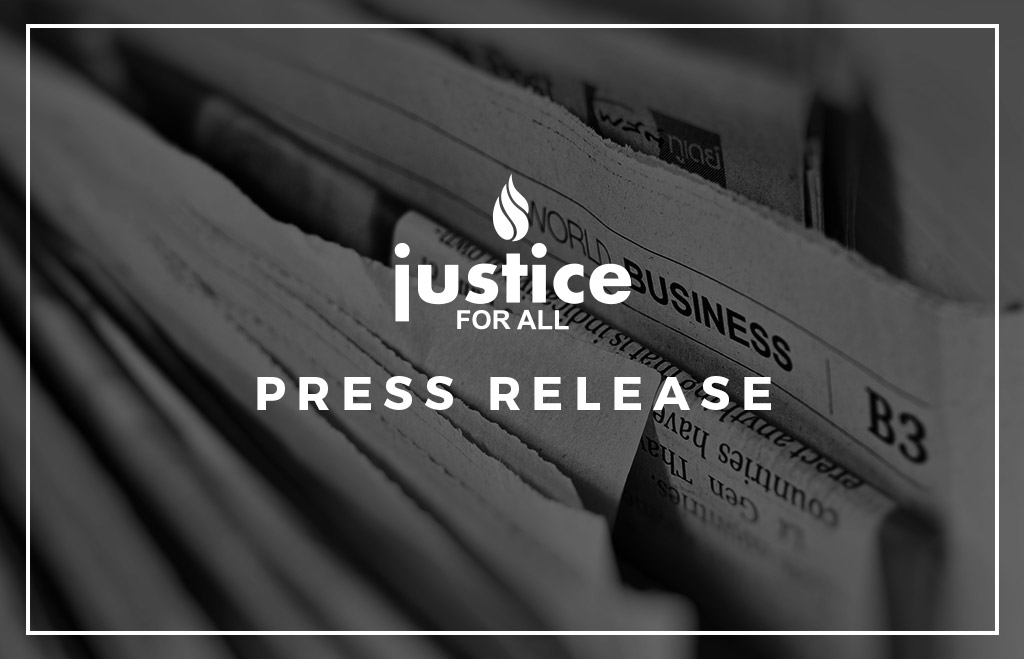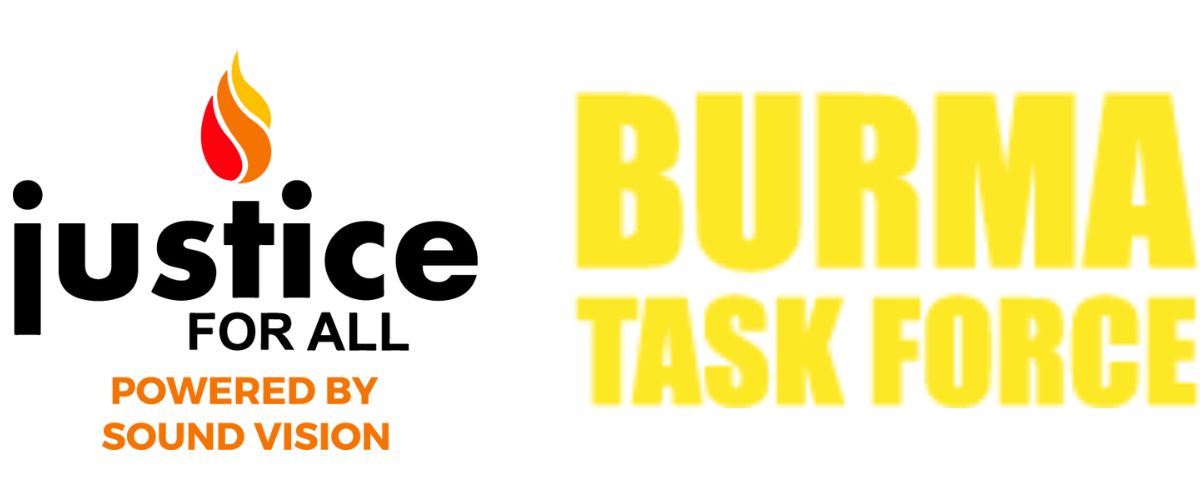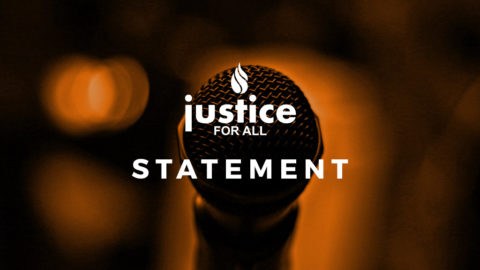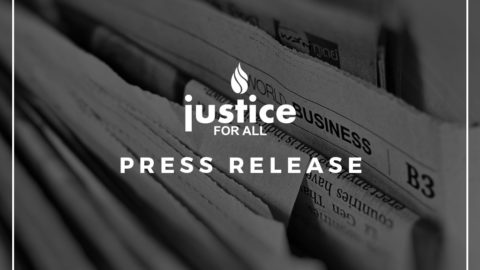Justice For All’s Burma Task Force is horrified by credible reports that Indian authorities forcibly…

Burma’s Secret Response to International Court is Insufficient: True Accountability Requires Public Response, Actual Progress
Immediate Release
May 25, 2020
For More Information, Contact: P. Adem Carroll Adem@burmamuslims.org
Burma’s Secret Response to International Court is Insufficient:
True Accountability Requires Public Response, Actual Progress
On Saturday, May 23, the International Court of Justice reported that the Government of Burma (Myanmar) had submitted its initial response regarding implementing the court’s four provisional measures to prevent genocide and to prevent destruction of evidence of previous atrocities perpetrated against the Rohingya minority. The Burmese government response has not been made public. Like most human rights advocates, our experts expect it to be a cynical, self-serving exercise in public relations, as in past responses to the court and to the international community.
Since 2012, Burma Task Force has been working to expose the systematic, genocidal violation of Rohingya rights in Burma, demanding restoration of religious and citizenship rights for this Muslim minority. Throughout this period, the Burmese Government has been committed to extreme, oppressive policies that marginalize minority rights, while grossly exaggerating security threats to rationalize its brutal control over Rakhine State, the homeland of the Rohingya.
With the Burmese military’s escalating attacks since the January 23 ruling, this aggressive pattern has only been reinforced. In three monthly reports during this period, Burma Task Force has documented in considerable detail the killings, disappearances and other rights abuses, now also impacting the Rakhine people along with their Rohingya neighbors.
Reporting to the court in secrecy, it will be difficult for Burma to prove a change of heart. Issued in April, new government directives asking its ministries to comply with international norms will not be sufficient to satisfy the court that Burma is working to implement the provisional measures issued by the Court. For example, the Burmese government’s increased level of censorship and sustained and widespread restrictions on internet service in Rakhine State raises strong doubts regarding its compliance with the third provisional measure. The Burmese military enjoys and extreme level of impunity. Evidence of genocide and war crimes in Rakhine State can easily be destroyed, along with the hundreds of mosques and villages already burned.
“Denial is part of Genocide. As always, the Burmese Government has continued to deny the extent of its responsibilities and to avoid holding perpetrators accountable,” stated Malik Mujahid, Chairman of Justice for All, which runs the Burma Task Force program. “Allowing the Burmese response to remain secret weakens accountability. Not only is Rakhine State increasingly brutalized by the military, but citizenship rights and religious freedom have yet to be restored. The world must not turn a blind eye to the complete lack of progress in restoring rights protections to the Rohingya.”
###
An NGO with Consultative Status at the United Nations (Department of Global Communications), Justice for All is nonprofit organization based in the United States. We seek to promote a culture of human rights and to promote grassroots empowerment.


